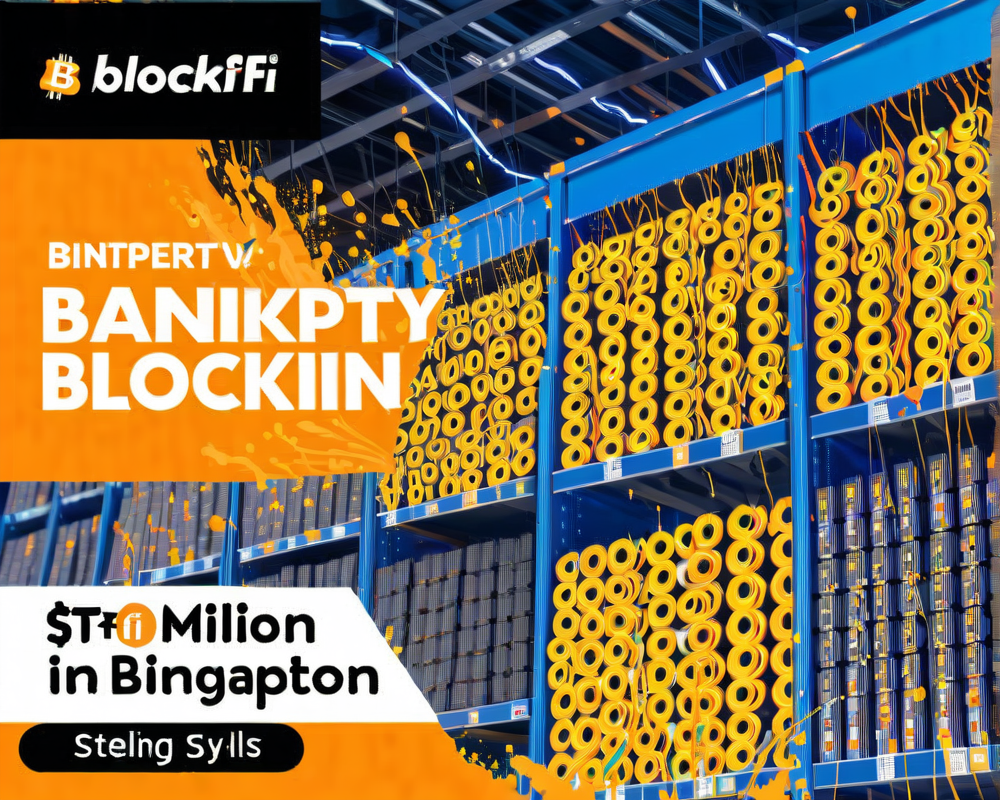The Iowa Caucus Fiasco
The Iowa Democratic caucus on February 3, 2020, turned into a real-life episode of a political reality show, complete with a cliffhanger that would make any soap opera writer jealous. After a coding hiccup in a smartphone app—developed by a company called Shadow—brought reporting to a screeching halt, officials scrambled to address the fallout. Talk about a party foul!
What Happened with the App?
As reported by the Associated Press, the app fell short of expectations, producing only “partial and unreliable results.” The blame game began almost immediately, with party officials pointing fingers at a mysterious “coding issue.” Meanwhile, folks at home were left to wonder if their votes were out partying without them!
Voatz Weighs In: Not Mobile Voting
Amid the chaos, Voatz, a prominent player in the blockchain voting arena, established its presence by declaring, “This is not mobile voting!” In their official statement, they emphasized that what transpired in Iowa was merely an “application to tabulate in-person caucus votes.” No need for a blockchain cape here, folks. Voatz made it clear they had no involvement and had never heard of the troublesome technology behind the app.
Votem’s Take: Unique Challenges of Caucusing
Echoing Voatz’s sentiments, Votem’s CEO Pete Martin chimed in, pointing out that this wasn’t the rigorous and verifiable mobile voting we imagine when we think of elections. Instead, he elaborated that caucus voting is a complicated dance where identities are known, contrasting with the anonymity typical of secret ballot systems. Think more disco ball, less shadow dance.
Can Blockchain Save Us?
The burning question remains: could blockchain have fixed the debacle? Martin suggests that blockchain alone is not the magic solution to all our voting woes. However, its ability to create independent verification, audibility, and mathematical accuracy could have saved the day—and perhaps a few professional reputations. After all, in an age of ‘quantified self’, why should elections be any different?
Looking Forward: The Blockchain Voting Frontier
The buzz around blockchain voting isn’t going away. Political figures, including Andrew Yang, have expressed interest in implementing blockchain to modernize and secure voting. As states like Virginia consider the potential of this technology, we can only hope the next election season has more wins than whiffs.




